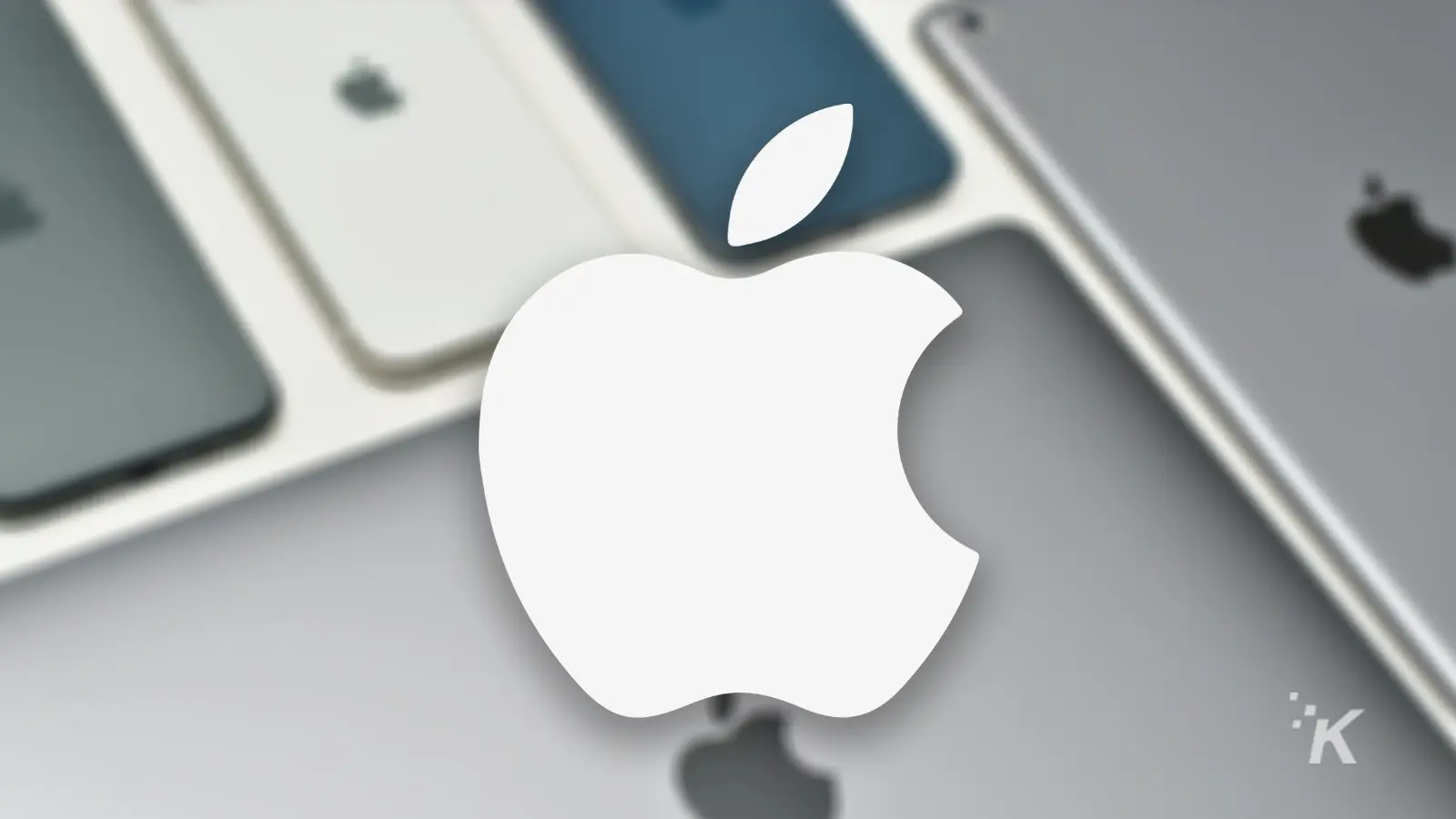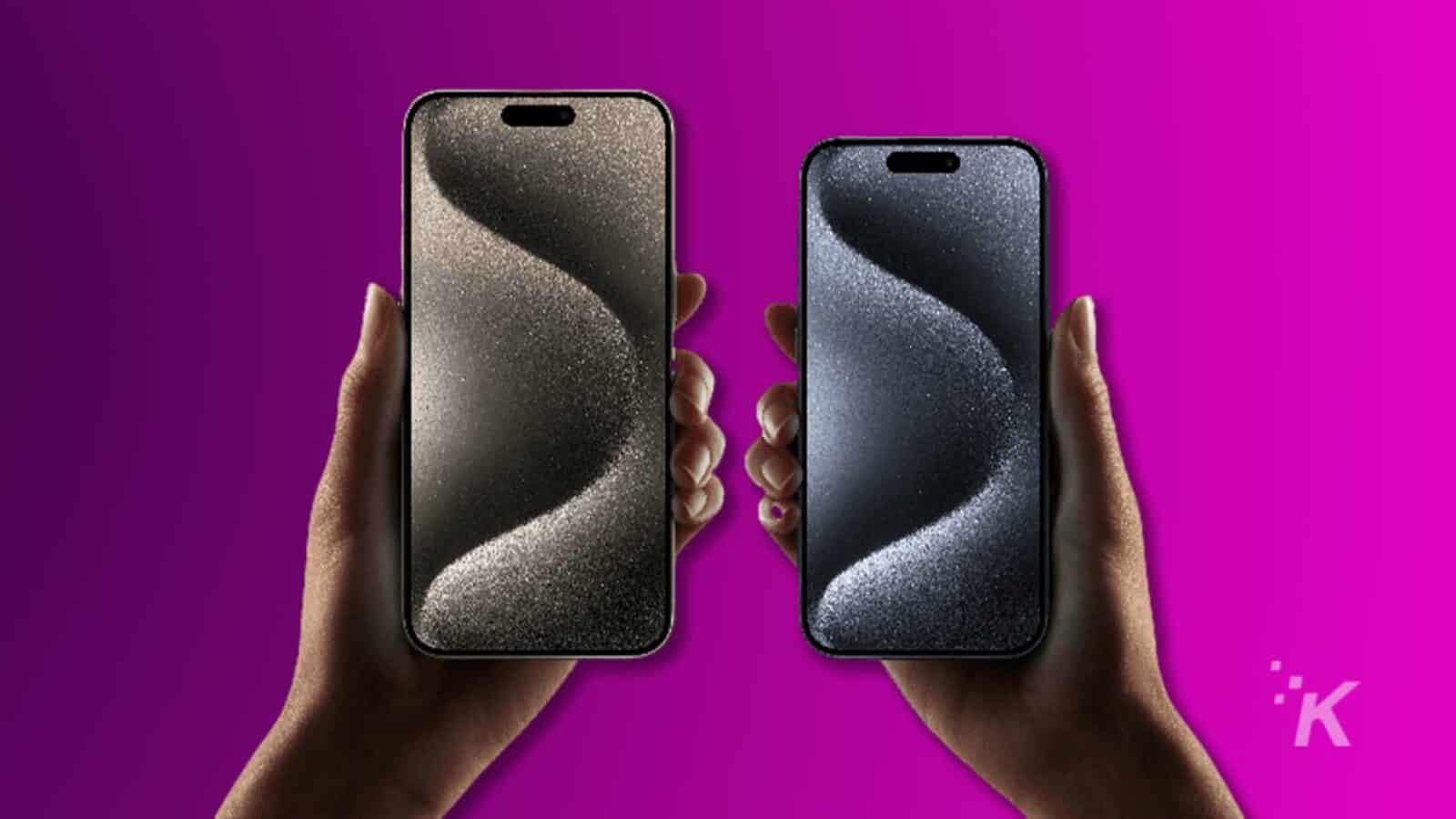Apple
Pushing for privacy: Apple requires warrants for notification data
Apple shut the door on warrantless push notification data requests, but the real question is why this was allowed in the first place.

Just a heads up, if you buy something through our links, we may get a small share of the sale. It’s one of the ways we keep the lights on here. Click here for more.
Apple makes a lot of noise about how its devices are made for user privacy and how they limit ad tracking. The company also recently made it harder for iPhone thieves to get useful data off a device in their hands.
However, a recent report showed that Apple and Google were handing over sensitive information to governments whenever asked.
The government has been collecting users’ push notification records from Apple for years. The company’s recent policy change put a stop to that. Now, they require a search warrant before handing over data.
Why Apple updated its legal policy

On December 6, 2023, Oregon Senator Ron Wyden urged the Department of Justice (DOJ) to reconsider its secret data collection practices.
He felt concerned after his team received a tip that foreign governments were demanding push notification data from Apple. Apparently, secretly spying on unsuspecting iPhone users is the latest trend.
Although government-led mass surveillance is pretty much an open secret, the fact other countries want Americans’ information is concerning.
Wyden wanted the DOJ to change its transparency policies, hoping the inevitable public outrage would stop its shady practices.
Just days after Wyden’s letter, Apple quietly changed its legal policy.
Now, the government needs a search warrant or a court order under the Stored Communications Act — a law forcing electronic communication providers to comply during criminal investigations — before getting push notification records.
How the policy change affects you
You can only get push notifications if the data passes through your service provider’s servers.
Because it works this way, the government can get those records directly from Apple instead of through thousands of third-party app companies.
Before, the government could force Apple to comply with their demands. They didn’t need an emergency, a court order, or a search warrant. In fact, Wyden’s letter implies it’s been using push notifications to spy on Americans secretly for years.
Now, they have to go through formal legal routes — meaning you can find out when they request your data.
How Apple’s new legal policy protects iPhone users
Apple’s legal department will review every push notification data request, rejecting broad or unclear demands. This change safeguards users in multiple ways.
- Safeguards your information
Push notification records reveal when you got the alert, what it was about, which account received it, and what phone it went to. Companies can identify behavioral patterns using this data.
In other words, they can learn almost everything about you.
Apple’s new legal policy safeguards your notification data from law enforcement agencies, private companies, and governments, meaning they will no longer get information on your everyday movements or usual activity.
- Prevents secret surveillance
Senator Wyden sent his letter because he learned foreign governments demanded Americans’ push notification data. If they got what they wanted, they’d have access to names, addresses, phone numbers, and account usernames.
Do you think they’d use that information to send a lovely card in the mail?
While it’s impossible to know why foreign governments were truly requesting Americans’ push notification data, you can be sure it wasn’t for your benefit.
Apple’s policy change prevents them from using your sensitive information to scam or spy on you.
- Protects your privacy
Think about the push notifications you get every day. While a mobile game update isn’t particularly juicy, text and banking apps have an enormous amount of sensitive data.
Personally identifiable information (PII) like your location or email address probably pops up all the time.
The Federal Bureau of Investigation has released warnings about PII. In 2021 alone, 51,829 people lost over $517 million to this scam. Once someone has enough of your personal details, they can open credit cards or apply for loans as you.
Fortunately for iPhone users everywhere, Apple’s policy change will keep anyone from accessing your details unless they have a search warrant or a court order.
In other words, you no longer have to worry about your information being everybody’s business.
- Secures your accounts
Have you ever sent someone your address or received a push notification asking you to save your new password? There’s a good chance the government has that information now — and what they do with it is still a mystery.
Even if the government only stores it, that’s one more place a hacker could attack.
Since Apple’s new policy prevents anyone from collecting your notification data going forward, you won’t have to worry about leaking your account information when sending a text.
Apple’s policy change protects your privacy and security
It’s dizzying to think how much of your personal life the government could puzzle together only using your push notifications.
Fortunately, Apple’s policy change stopped their secret surveillance practices–and you can rest easy about keeping your app alerts enabled.
Have any thoughts on this? Drop us a line below in the comments, or carry the discussion to our Twitter or Facebook.
Editors’ Recommendations:
- 2024 Apple Watch to get new design and health features
- ExpressVPN has a new easy-to-use
Apple TV app - How does Apple’s new Stolen Device Protection feature work?
- Cox Media Group might be turning your talks into targeted ads
































